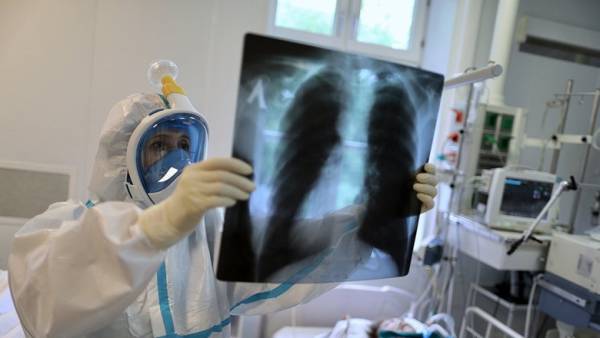
As it turned out, omicron replicates in organoids and cell lines of Calu-3 lungs less efficiently than the delta strain and the D614G mutation found in China.
The weaker infectivity of omicron compared to these two strains may be explained by the relatively lower cleavage of S-protein compared to the delta strain, scientists believe. At the same time, the same penetration efficiency was observed in the H1299 lung epithelial cells.
“Observations show that omicron has acquired properties that allow it to evade immunity, while the properties associated with replication and pathogenicity have weakened,” the study says.
Despite these data, omicron is “a serious problem for the public health system” because of the speed of its spread, said the head of the study, Professor Ravi Gupta.
A new variant of the coronavirus was detected in southern Africa in early November, since then cases of infection have been recorded in 89 countries around the world. According to the World Health Organization, it is spreading rapidly in countries with a high level of population immunity, and the number of new cases of the strain doubles within one and a half to three days.
Scientists of the Medical Faculty of the University of Hong Kong previously stated that omicron spreads 70 times the delta. At the same time, it spreads 10 times slower in human lungs than the coronavirus variant that started the pandemic, the researchers found. In their opinion, this may also indicate a lighter course of the disease when infected with a new strain.